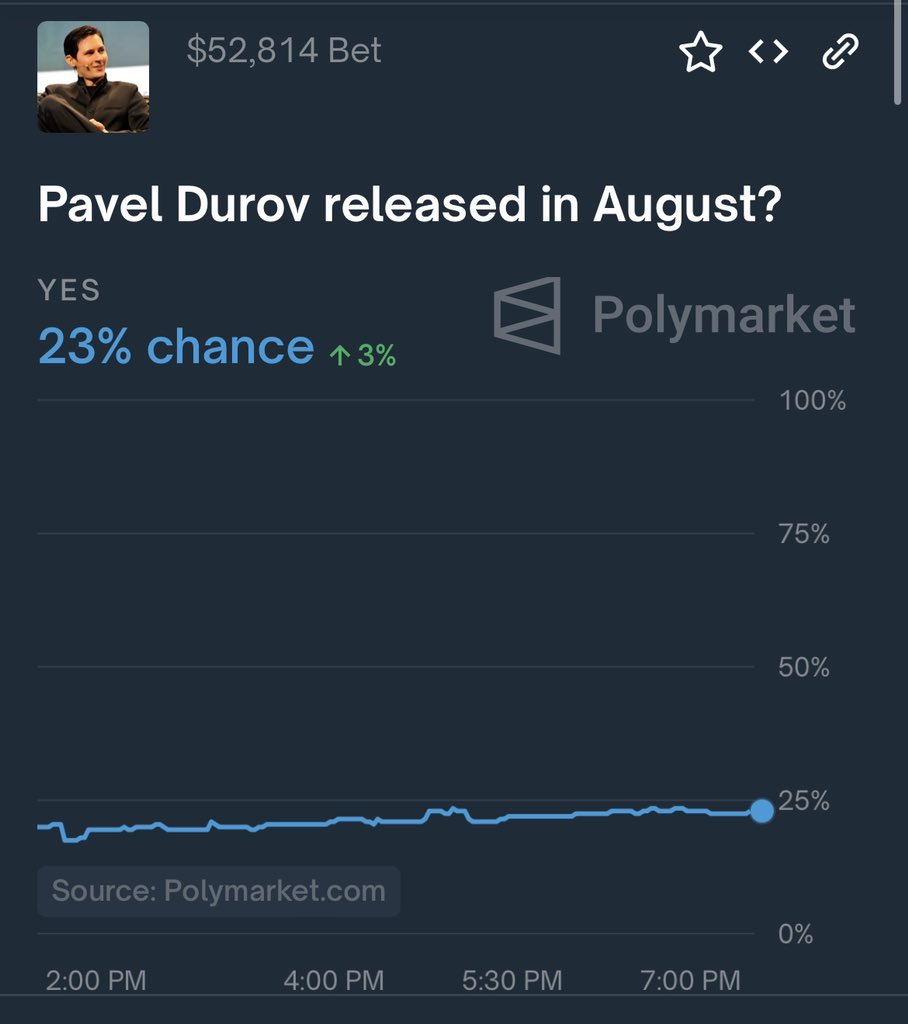On October 2nd the UAE Federal Tax Authority exempted crypto transaction from value-added tax (VAT). Effective from Nov. 15, 2024, the exemption applies retrospectively to transactions dating back to Jan. 1, 2018. The decision was seen as positive by many within and outside the sector, especially for VASP activities within the UAE.
The amendment clarified that the 5% VAT does not apply to digital assets, covering exchanges and ownership transfers, similar to what is applied to other traditional financial services.
Kokila Alagh Founder of KARM Legal on LinkedIn noted, “This will mean reduced tax burdens for VASPs, as they will no longer be required to pay VAT on the exempted transactions which were previously subject to a 5% VAT.”
She also noted that with its focus on taxation, this regulatory development will have a significant impact across key aspects including operating, holding, and transacting with virtual assets.
Baker Mckenzie for example viewed this as a significant development in becoming a global blockchain hub. They noted, “By removing tax burdens on crypto-related activities and establishing clear regulations, the country is creating a competitive advantage in the global crypto market.”
Accordingly these efforts, combined with strong regulatory measures and additional incentives for fund managers, ensure that the UAE remains a leader in the evolving global crypto landscape, attracting firms and investors alike to its dynamic and forward-thinking market.”
Baker Mckenzie also noted that with the advent of the metaverse and increase in e-commerce, the concept of virtual assets has become increasingly significant.
Speaking to Cryptopolitan, Stephanie Emile, General Manager of Binance FZE in UAE believes that the news was a significant step forward for the virtual asset space. She explained, “By treating virtual assets in the same manner as traditional financial transactions, the federal decree affirms the government’s progressive stance and vision for the growth of the blockchain sector.”
She adds that this development corresponds to an alignment with international best practices and with the treatment given to traditional finance, which significantly reduces compliance costs and removes a barrier to entry and fosters a more conducive environment for mainstream crypto adoption.
As for Binance in particular, Emile noted, “This aligns positively with our growth plans in the region. We remain committed to driving the blockchain ecosystem forward.”
Mo Ali Youssef the CEO and Co-Founder of Fuze Finance in UAE believes that the UAE’s regulatory framework exempting crypto transactions from taxation is a crucial development, offering certainty for businesses and encouraging the continued adoption of digital assets.
He adds, “It’s great to see the UAE continue to innovate with business-friendly strategies to drive growth of new industries.”
Between July 2023 and June 2024, the UAE attracted over $30 billion in cryptocurrency investments, ranking it among the top 40 countries globally and establishing it as the third-largest crypto economy in the MENA region.





